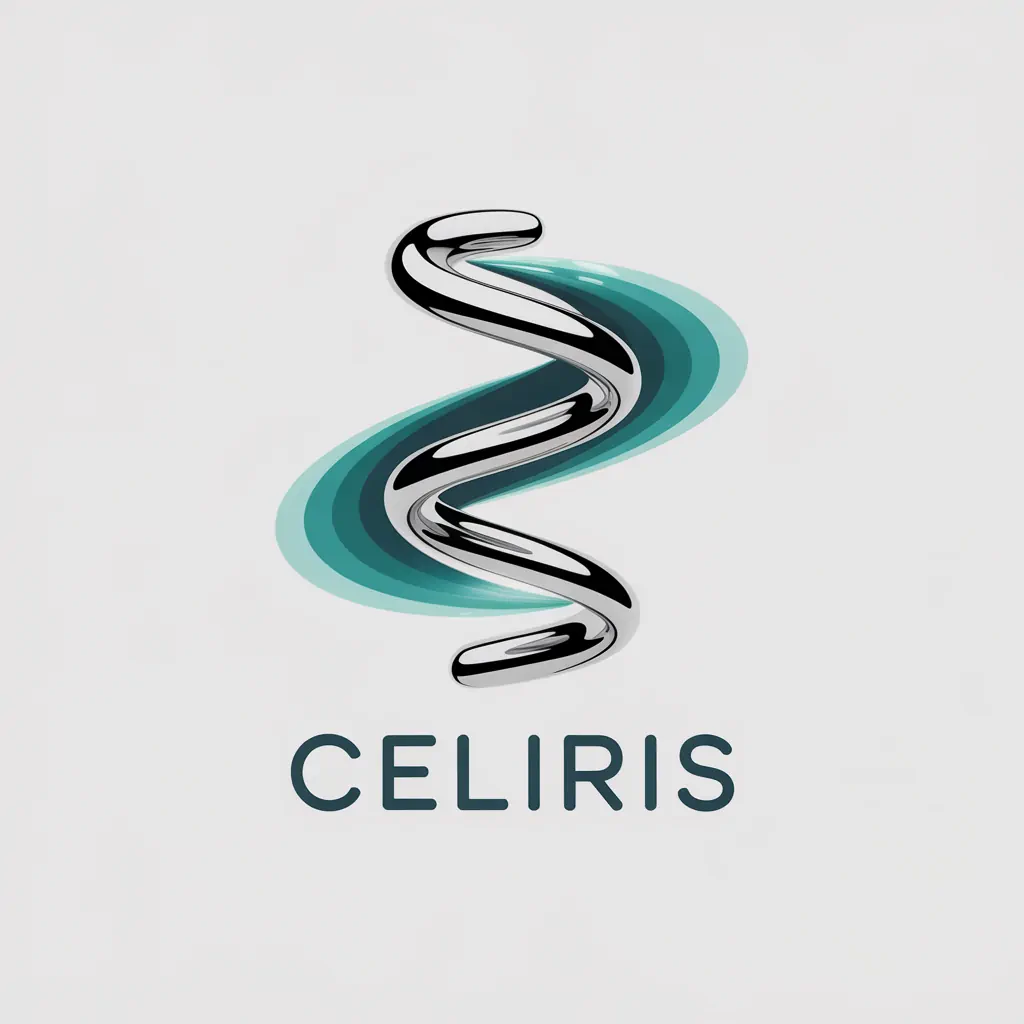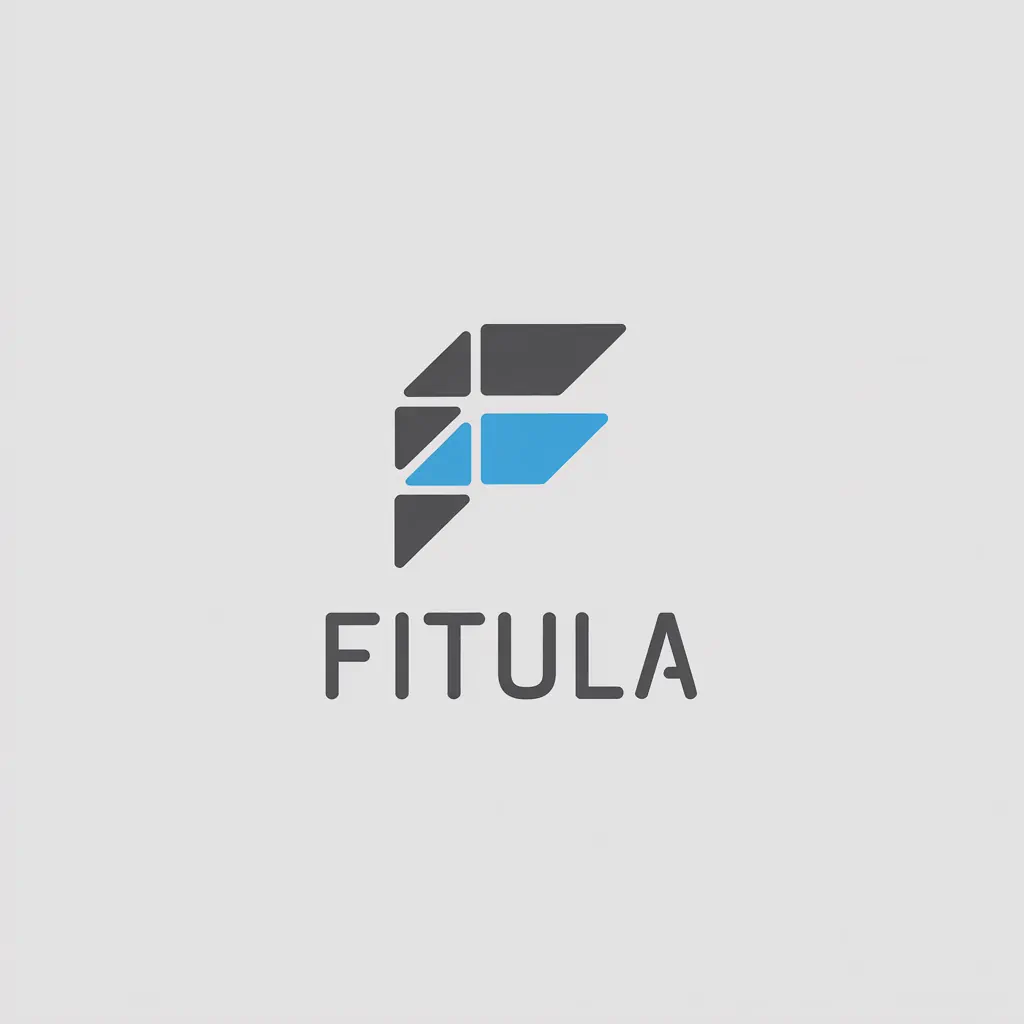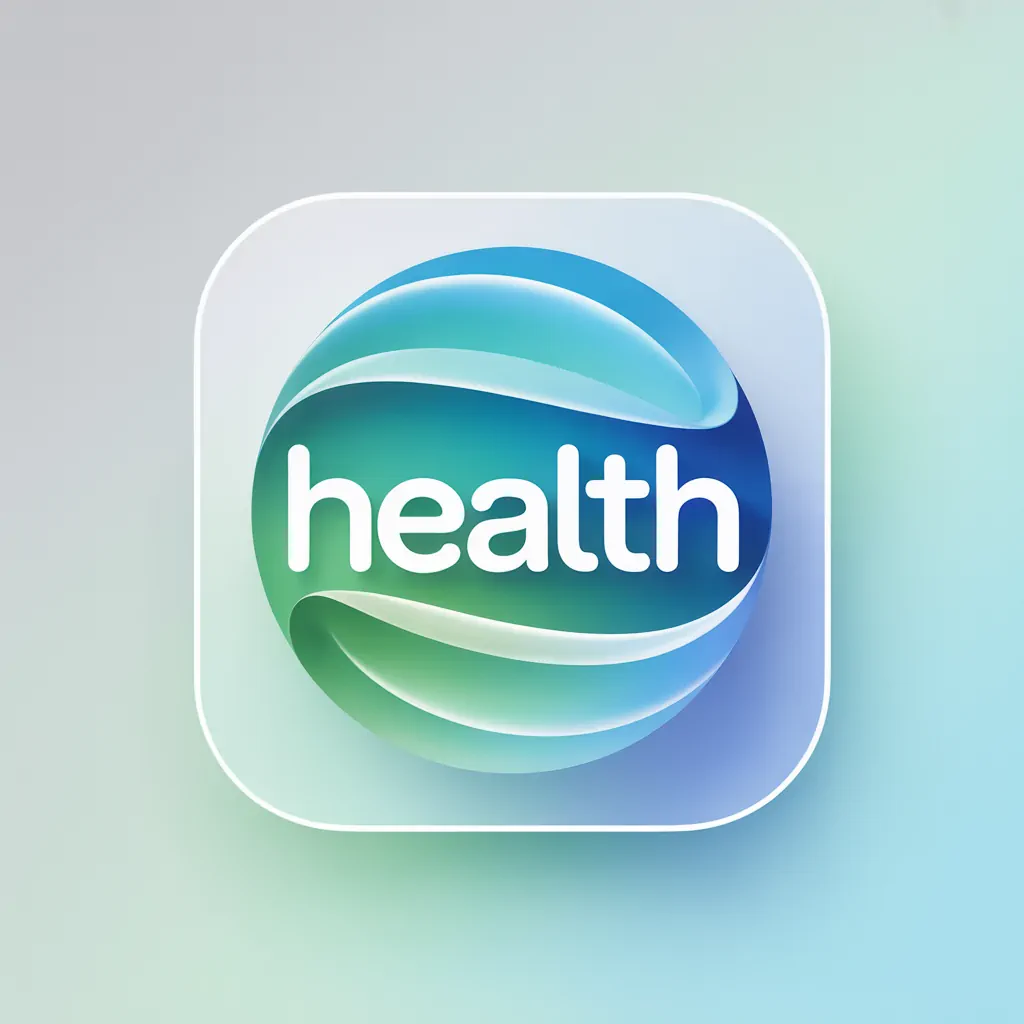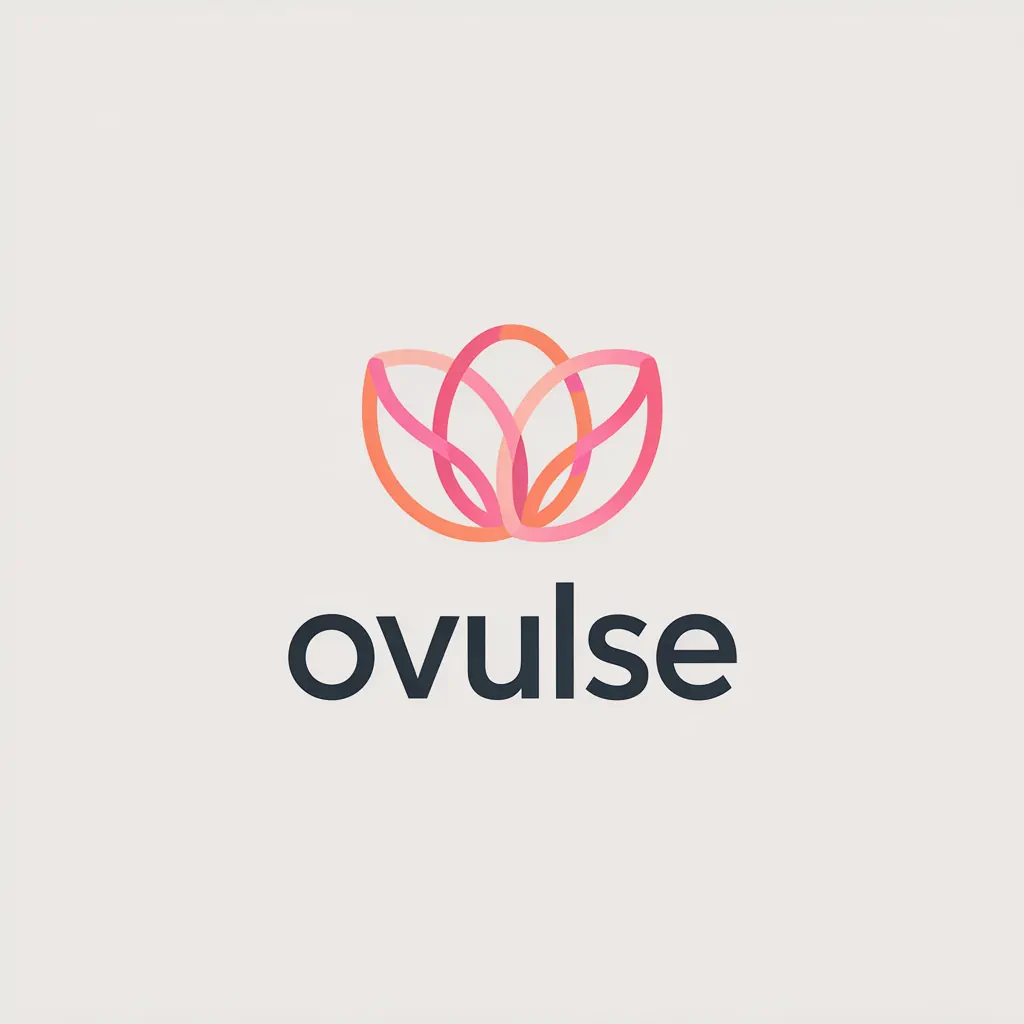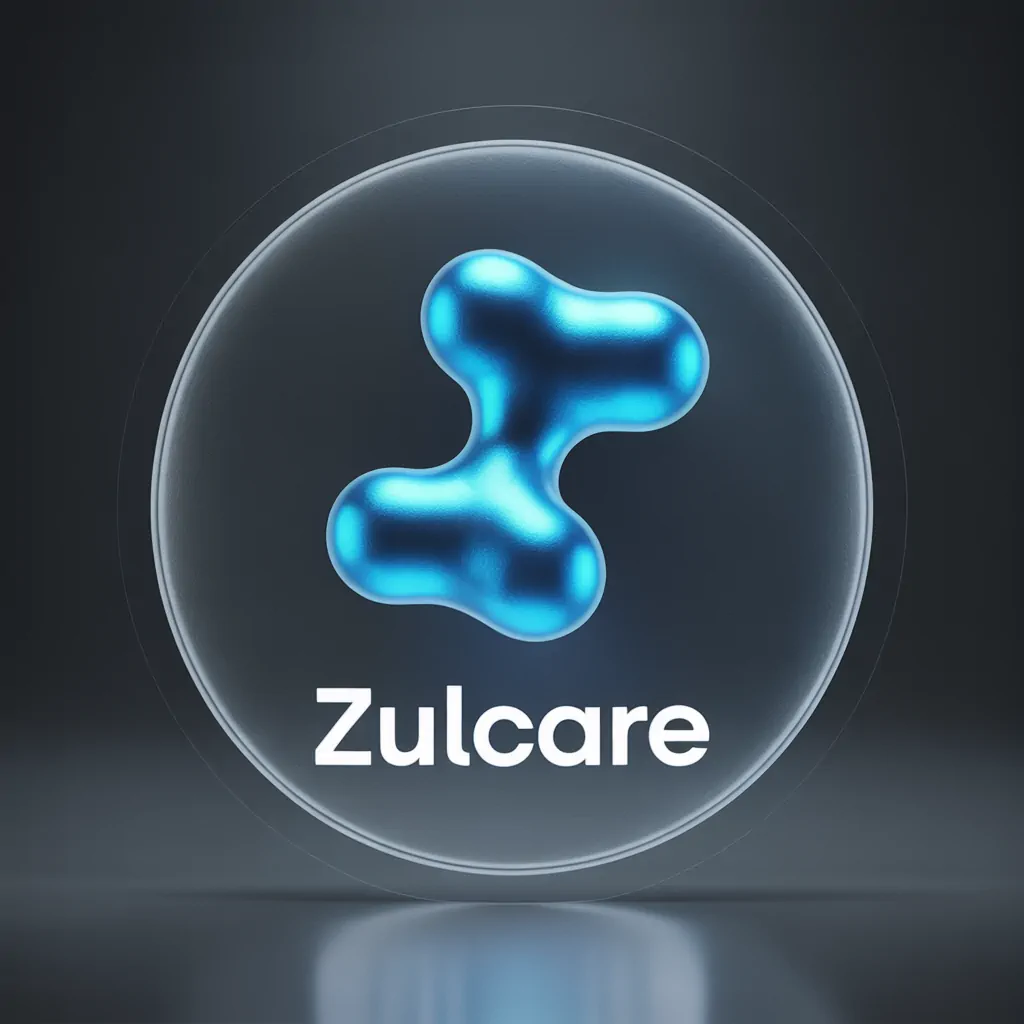Health Tech
Browse premium domain names carefully selected for your industry.
Your domain shows your quality first. Aim for short, clear .com names that are easy to remember for Health Devices Business. A strong .com helps you feel confident in meetings with clinics and investors. It also starts your health tech brand right.
Make a list of premium domain names for medical devices. These should work for many health tools like wearables and home health devices. Choose names that are short (5–10 characters) and easy to remember. They should sound good out loud, right away.
Short names help people find you directly, save on ad costs, and bring more site visits from events. A good domain makes your website, products, and pitches better. It also works well with voice searches and online health lists.
This guide helps you pick names that are easy to remember but also unique. Consider how easy a name is to say, how well it works with voice searches, and if it's easy to spell. You'll end up with great options and ways to check them. For health tech names, visit Brandtune.com.
Why a Brandable Short .com Matters for Health Devices Brands
A .com shows you're serious and ready for big things. It shows your business in a good light. This makes a big difference in how people see your company right away.
Instant credibility and trust in medical tech markets
Places like clinics and pharmacies look for signs they can trust a brand. A short, catchy .com makes your health tech brand more credible. It makes people trust you more when they see your name in important places.
This helps speed up how fast you start working with new partners. They see your brand as solid, new, and easy to check.
Memorability that boosts direct traffic and referrals
At events like trade shows, having a simple name makes a big difference. If people can remember your website easily, they're more likely to visit it. This helps a lot with getting more people to check you out after meeting.
When people can say your website name easily, more folks hear about it. This makes it quicker for people to find you online after talking to someone.
Short, pronounceable names that pass the “radio test”
Your website name should be easy to spell after hearing it once. Pick simple sounds. Avoid confusing letters. Names that are two or three sounds long are just right.
They make it easy for everyone to say your name the same way. This matters a lot when you're showing off your product or helping customers.
Global readability and cross-language ease
When selling worldwide, choose names that work everywhere. Avoid hard spellings and words that might mean something else. Pick names that are easy to write and remember in any language.
This way, your brand works well in many places. It makes your tech more accepted by buyers and users all over the world.
Choose the Best Premium Domain Name for Health Devices Business
Pick a premium .com domain for medical gadgets. It shows you’re trustworthy right away. Make sure it’s easy to say and will work as you grow. Your domain should work for many products and places.
Align your domain with product category and brand personality
Think about what your brand stands for. Is it about high-quality care, wellbeing, or technology? Pick a domain that fits but doesn’t box you in.
If you sell clinical devices, go for a domain that sounds smart and reliable. For wellness products, choose something upbeat and friendly. This makes people remember you better.
Favor concise, two-syllable or three-syllable .com options
Choose .com names with two or three syllables. They’re easier to say and remember. This helps avoid mistakes on digital devices and looks good on products.
Short domains are also good for online shops and presentations. Look for names that sound clear and sharp.
Use soft health cues without limiting future product lines
Pick names that hint at health benefits. Words like vitality or breathe work well. This lets you add more products later.
Combine health-related words with a .com domain. This shows you're serious about quality. And you can still grow your range of devices.
Consider voice search and mobile typing simplicity
Choose domain names that work well with voice commands. Avoid tricky letter combinations. Make sure Siri and others understand it easily.
Go for domains that are easy to type on phones. This makes them more user-friendly. And it helps in clinics and homes.
Keyword Strategy for Health Devices Domains
Start with a catchy .com name. Let your website's structure work hard. Build pages for health device keywords but keep your main name simple. This helps SEO without harming your brand or growth.
Choose domains that are general but meaningful, like "pulse" or "vita." Keep specific product names for page titles and content. This way, you keep your brand unique while being easy to find.
Organize your content by what users are looking for. Make pages for things like remote health monitors or home ECGs. Add useful information like clinical data and product comparisons to build trust.
Use a brand-focused search strategy. When people remember your brand, they search for it more. This leads to more visits and a stronger online presence. A memorable domain name helps with this.
Don't cram keywords into your domain. Names that are too descriptive can be forgettable and restrictive. Instead, focus on your content structure to use health device keywords effectively. This strengthens your SEO while highlighting your brand.
Brandable vs. Exact-Match: Finding the Right Balance
Your domain should grow with your business plans. Brandable domain vs exact match has its own pros. Aim for a name that works well with tech changes. Strong names help your business expand but keep things clear and easy to remember.
When to lean brandable for long-term positioning
Pick a unique .com for many product lines and collaborations. Brandable names help keep everything under one roof. This makes it easy to add new products. Medical device teams find this path sustainable for launching new items.
Smart use of descriptive roots without being generic
Choose descriptive roots carefully: vita, lumen, cardio, neuro, breathe, syn, pulse. Mix them with unique elements to stand out. This strategy helps you be distinct without blending into the crowd. It's a key tip for health tech domain best practices.
Avoid hyphens, numbers, and hard-to-spell blends
Choose domains without hyphens for easier memory and less typing mistakes. Avoid numbers and complex spellings that cause errors. Keep names short for better display on apps and devices. This method works well for medical device teams across different regions.
Mix clarity with a vision for the future. Use suggestive words and clear language. Then, test for how it sounds and looks. This careful planning helps with making the right domain choice. It builds confidence in your decision between brandable domain vs exact match.
Validation Checks Before You Commit
Your domain must work in real life, not just on paper. Use a strict checklist to test for clarity, speed, and easy recall. See these tests as key to your brand's start, not just a last-minute task.
Say-it-out-loud and spell-it-back tests
Share the name in meetings or calls. Ask folks to spell it back. If many get it wrong, think about a change. Check it out with different accents to catch any sound issues. This helps avoid confusion later.
Check common misspellings and autocorrect traps
Do a misspelling check on iOS and Android. Type the domain in texts and web searches. Watch for autocorrect changes and similar spellings that could steal visitors. Stay away from terms easily twisted by autocorrect.
Assess visual clarity in logos and packaging
Create mock-ups in different fonts. Look at how clear the logo is on small tags, instructions, and packs. Make sure letters don’t blend oddly and that it’s easy to read on any background.
Benchmark against leading health device brands
Compare your name to top brands like Abbott and Dexcom. Look at how unique, short, and clear it sounds. It should stand out in app stores and on sales materials, feeling classy and different.
Stress-test in real contexts
Use the domain on email signatures, presentation slides, and product boxes. Check it in black and white to make sure it’s still clear. Your logo and package design should be easy to recognize everywhere.
Future-Proofing Your Health Devices Domain
Build a future-proof domain that grows with your plans. Pick a main brand for a scalable brand setup. This makes sure device lines, SaaS dashboards, and apps fit under one clear system. Also, create simple URL patterns for your hardware, firmware, and partnerships.
Start planning for more products from the start. Don't use names that only fit one metric or body part if you want to add new tech like telemonitoring. A flexible name lets your brand story stay clear as your features and partnerships get bigger.
Make your design ready for the world. Choose names that are easy to say and mean the same in many languages. Avoid local sayings and check how your name works in other markets to make packaging and demos easier.
Make sure your name works well with voice searches and AI. Choose names that smart helpers and speech-to-text can easily recognize. Test how they sound with tools like Siri and Alexa, and make sure they're clear for everyone.
Choose a name that suggests your brand will last. Avoid names that might seem outdated quickly. Pick a name that will still seem fresh in five to ten years, even as your tech and uses grow.
Where to Find Premium Brandable .com Names for Health Devices
Start looking for domain names at online markets that focus on short, easy-to-say names. Choose sites that show you logos, how to use the name, and brand details. This makes it easier to see how the name fits with your products.
Pick five to ten names you like and check them for ease of saying, spelling, and seeing. Ask for opinions from sales and medical experts. Choose the name that is clear and can grow with your business.
When ready to buy, go for a marketplace with clear prices, quick ownership change, and helpful support. Make sure you are ready for tech stuff like DNS, redirects, and emails. Update all your online spots with the new name fast. Treat finding a domain as a regular task, not just a one-time race.
Next, look at Brandtune.com for top domain names in your field, pick the best, and get started. Quickly hand it over to your web team. Make sure everything reflects the new name right away.



